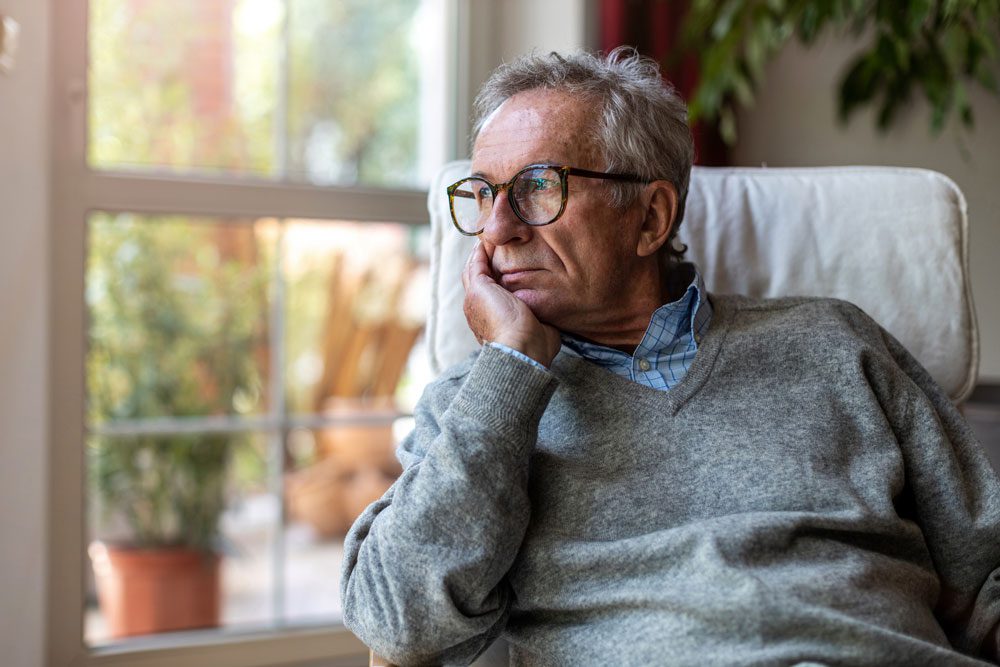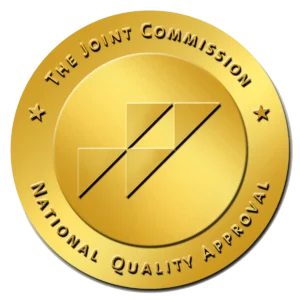As we watch our parents and grandparents, and other beloved elders age, it is easy to get caught up in their physical needs and forget about the importance of their mental health. Seniors make up a large number of suicides in the United States, so it is important to know the warning signs for mental illness and suicidal ideation in older adults. At The Pavilion, in Williamsburg, Virginia, we treat older adults with mental health conditions, and want to help families understand ways they can keep their older loved ones safe from suicide.
Why Worry About Seniors?
Older adults have high rates of suicide, regardless of which generation they belong to, but the baby boomer generation, which is now starting to enter their senior years, has always had higher rates of suicide than other generations when they were the same age. For this reason, researchers are especially worried about their likelihood of trying to end their lives. Additionally, seniors of any generation are likely to experience challenges that can lead to distress and mental illness:
- Death. The older we get, the more likely we are to lose our parents, siblings, spouse, and close friends
- Physical health concerns may lead to decreased independence
- Decreased income and lost sense of purpose following retirement or disability
- Social isolation and loneliness
- Elder abuse
- Stress from caregiving for an ailing partner or their own parents
Helping Older Adults Understand Mental Health
Past generations sometimes considered mental health to be a taboo subject or treated mental health struggles as a sign of poor character or personal weakness. Your loved one may have internalized this stigma, making it difficult for them to see their struggles as a mental illness or acknowledge that they might need help. It may be easier for your loved one to see and admit that they need support if you bring it up first.
They may also be worried about the cost of treatment. It may make the conversation easier if you have already considered how their insurance or assistance programs can help to reduce the financial burden of treatment.
Recognizing Suicide Risks
The transition from being the one your elders care for to the one caring for them can be uncomfortable and challenging. It may be difficult to wrap your head around the idea that the people you have looked up to your entire life might contemplate killing themselves. This might make it even more difficult to spot the signs that an older adult is contemplating suicide, such as:
- Showing signs of mental illness such as social withdrawal, changes in appetite, hygiene, appearance, energy level or sleep, depressed mood, increased use of alcohol, prescriptions or illicit drugs, memory issues, being angry or full of rage often, seeing or hearing things that no one else experiences, or believing things that are clearly not true
- Talking about wanting to die or end their life, feeling like a burden, wanting revenge, being trapped, or feeling unable to change anything
- Making a plan for ending their life (storing up pills, purchasing a gun and ammunition, etc.)
Intervening to Prevent Suicide
If your loved one does disclose that they are experiencing suicidal thoughts, it is important to take immediate action to get them professional support.
- Remove access to items they could use to kill themselves, including excess pills, firearms, bladed weapons, and anything they identify as planning to use.
- Stay with them or arrange for someone else to stay with them until they are able to be safe.
- Connect them to help. If your loved one already has a mental health provider, you can help them reach out for an emergency appointment. If not, calling or texting 988 will connect you to the crisis lifeline, where a trained crisis counselor can assist you in managing the situation and finding local support.
- Follow up after the crisis is over, to see how they are coping and offer ongoing connection and encouragement.
- If you do not believe that your loved one can remain safe, call 911 or take them to the nearest emergency room.
At The Pavilion, our senior adult program offers short-term crisis stabilization services for patients over the age of 55 who are struggling with behavioral or emotional disorders. We offer a comprehensive assessment, individualized care, around-the-clock nursing, medication and symptom management, nutritional consultation, and much more, to support the recovery of older adults we treat.






